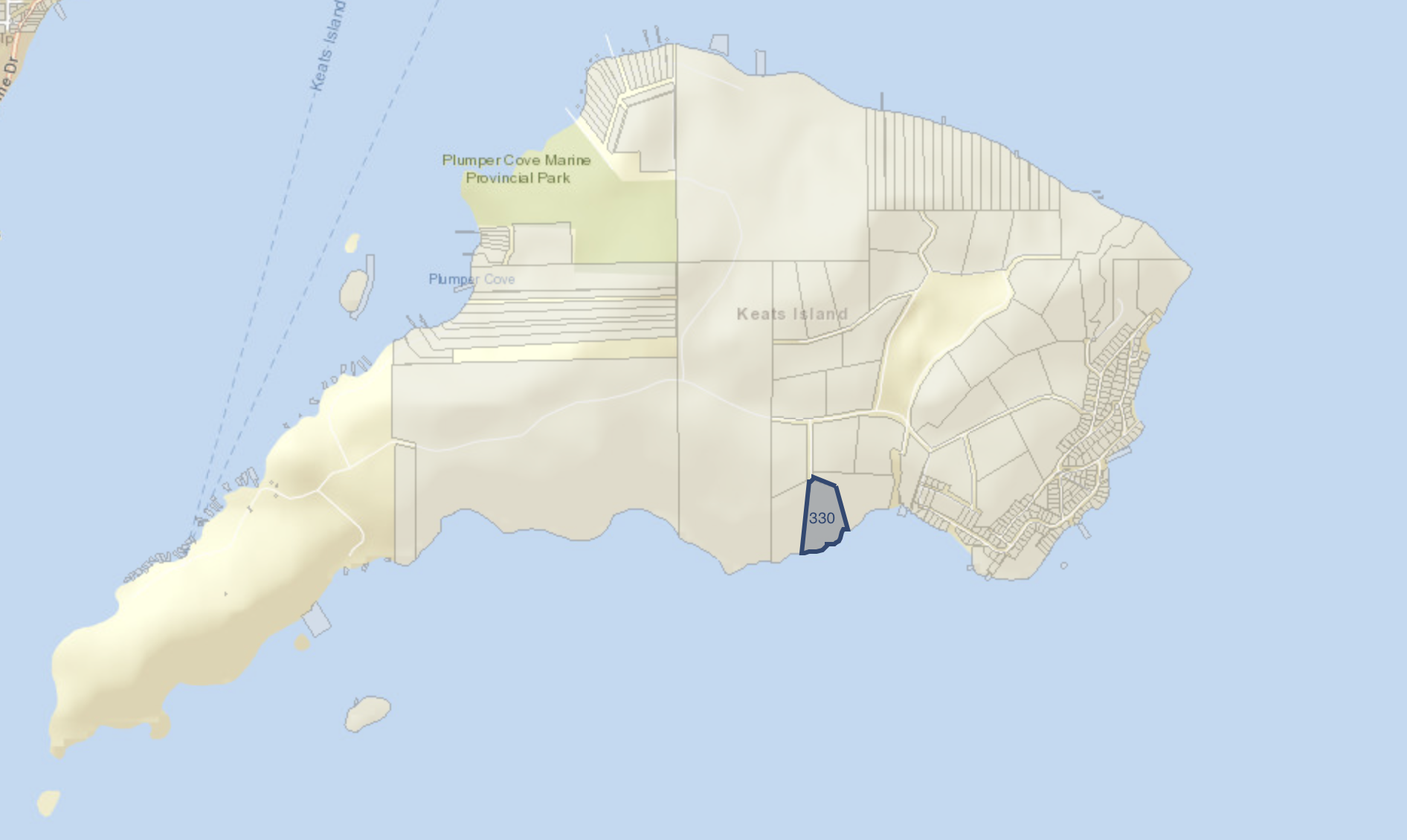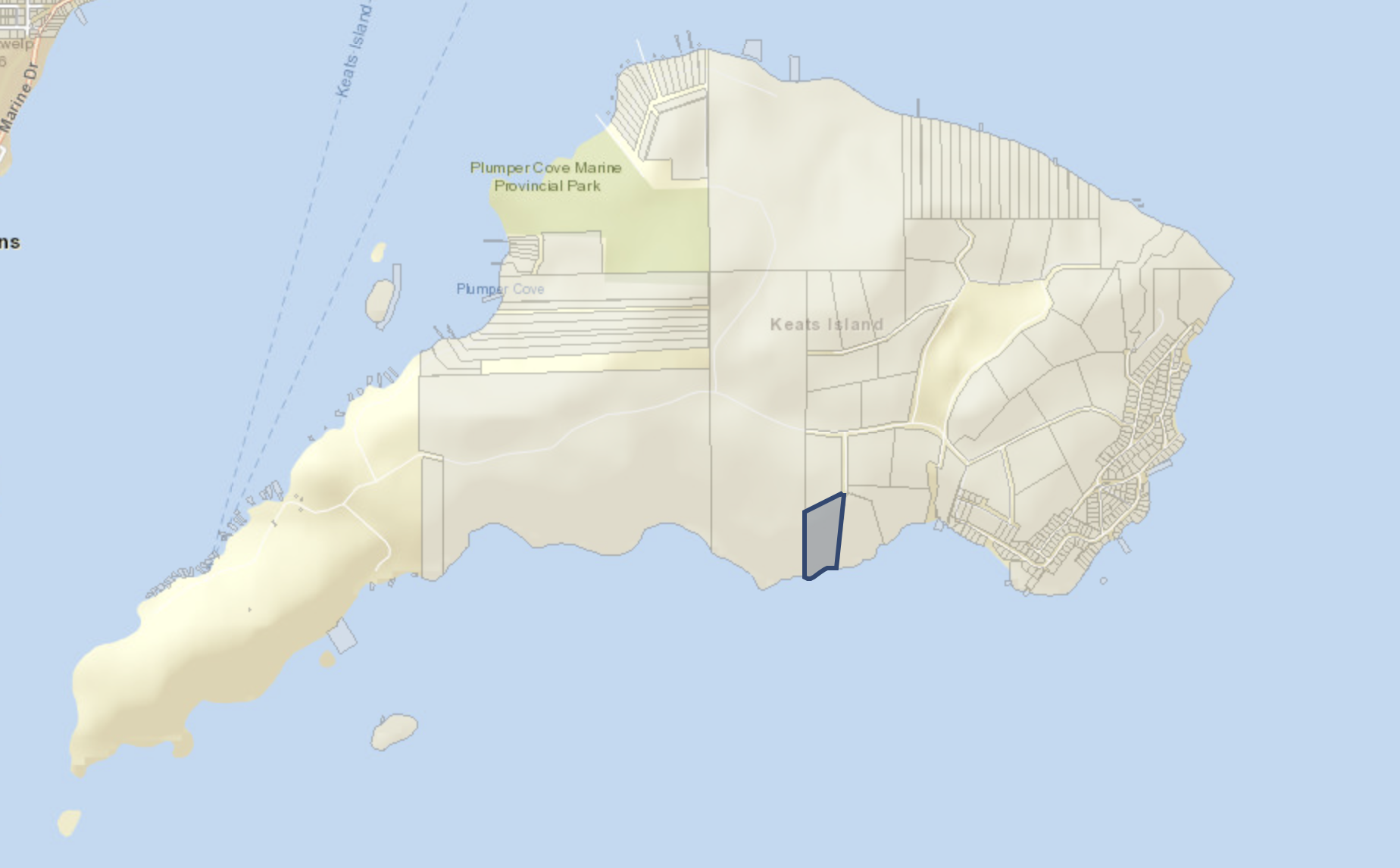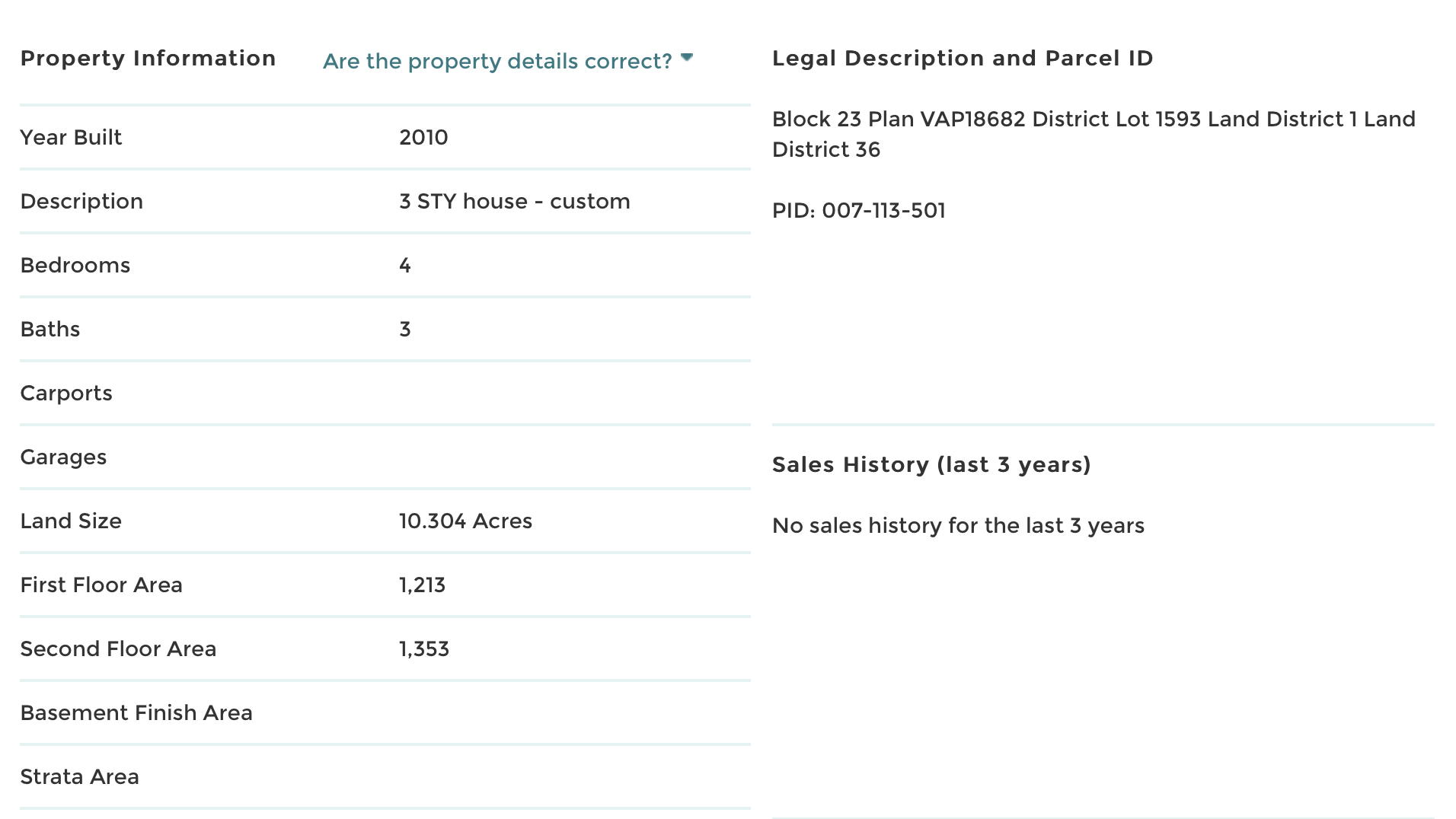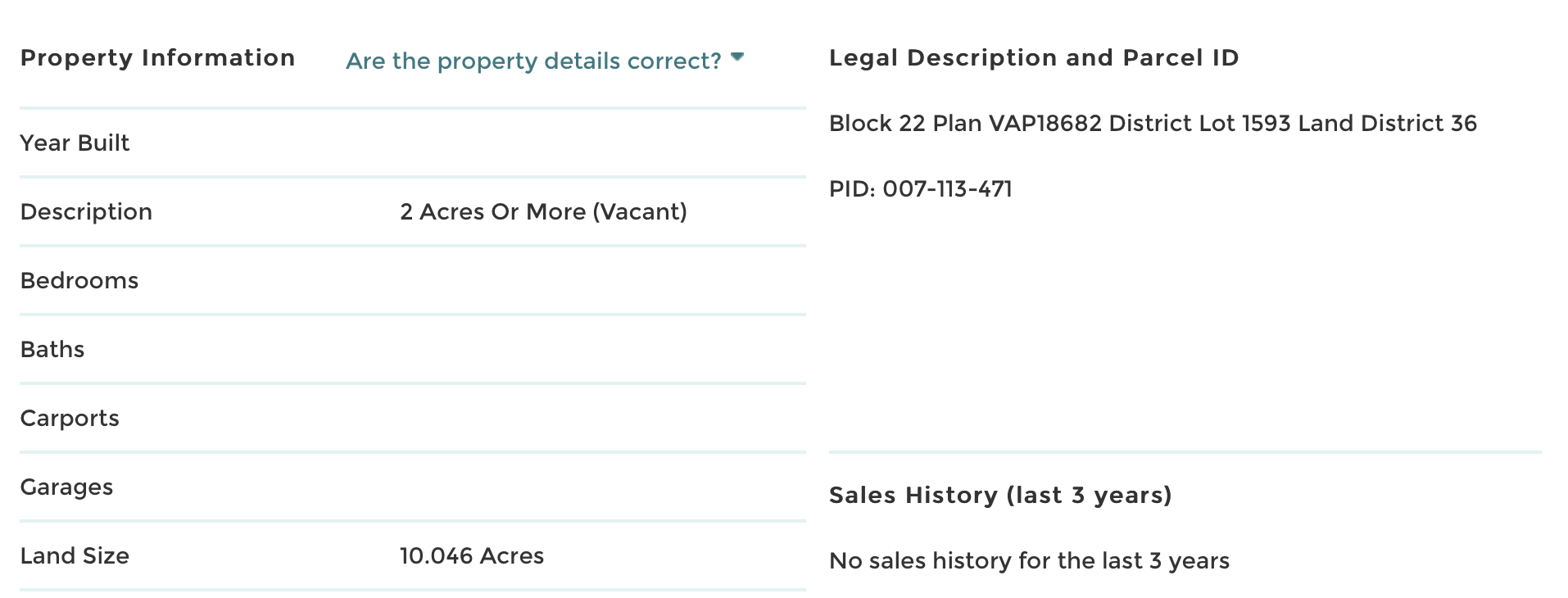

Owners are accused of defrauding elderly people with fake lotteries and phony mediums promising good fortune in return for money
By Margot Grant
The B.C. director of civil forfeiture has applied to B.C. Supreme Court to confiscate two adjoining properties on Keats Island with a total value of more than $2.1 million over allegations they were obtained with money from fraud targeting the elderly.
The waterfront properties are on the south side of the island at the end of Herring Heights Road. One features a 2,500-square-foot three-storey custom-built house with a boat dock and has an assessed value of $1,627,000, while the other, which is undeveloped, is assessed at $532,000. Each lot is a little over 10 acres.
The house was reportedly used as a vacation property by the two main figures in the alleged fraud, Rosanne Phyllis Day and her husband Gordon Day. The B.C. government also wants to confiscate their West 22nd Avenue home in Vancouver, which is worth more than $4.5 million.
The seizures are part of $13 million worth of property and an undisclosed amount of money the government wants to take from PacNet Services Ltd., which was founded in 1994 in Vancouver by Rosanne Day. PacNet operates in Canada, Ireland and the United Kingdom, with affiliations in 15 other countries.
The director of civil forfeiture alleges PacNet Services engaged in “unlawful predatory mail-fraud schemes, primarily targeting the elderly and vulnerable.”
PacNet processed payments worth hundreds of millions of dollars from tens of thousands of victims. Older people would receive letters saying they had won (fake) lotteries, but needed to pay taxes and fees to claim their winnings. Others were contacted by mail by “medium” Maria Duval with a promise of good fortune or a personal prediction, asking for a donation of $10-$50.
PacNet allegedly convinced elderly people to pay a monthly fee of $5.99 for vouchers that could be redeemed at major stores. In reality, the victims were charged $19.99 every month for vouchers they never received. PacNet also handled payments from clients using webcam porn sites and electronic gaming.
The US Treasury’s Office of Foreign Assets Control (OFAC) designated 24 companies in the PacNet Group as a “significant transnational criminal organization” in 2016, alleging the companies had a lengthy history of money-laundering and mail-fraud schemes in the US and the rest of the world. Its US assets were frozen and business with PacNet was banned.
The ban was lifted last October.
PacNet had close ties to a company in The Netherlands called Trends, which was recently shut down by the Dutch government. Dutch authorities say Trends was involved in worldwide mail-fraud schemes, netting at least $18 million a year in illegal proceeds.
PacNet denies the allegations. It claims its clients included the Special Olympics British Columbia Society, the New York Times subscription service, the Catholic archdiocese of Durban, American Airlines, and Bloomberg Business Week.
“PacNet has attempted to create an appearance that it has engaged in a broad-based spectrum of legitimate business activity, of which only a small portion is illegitimate,” the director of civil forfeiture says in the court filing.
PacNet and its subsidiary Chexx Inc. received tax refunds of up to 100 per cent of their corporate income taxes under the AdvantageBC program of the Liberal government, at a cost to the province of $140 million.
Rosanne Day did not return a call for comment. None of the allegations have been proven in court and the defendants have not filed a response.
This article was made possible by your donations. Thank you.




100% of the corporate taxes refunded through a Liberal program?makes you want to go……..HMMMMMMMM I wonder!